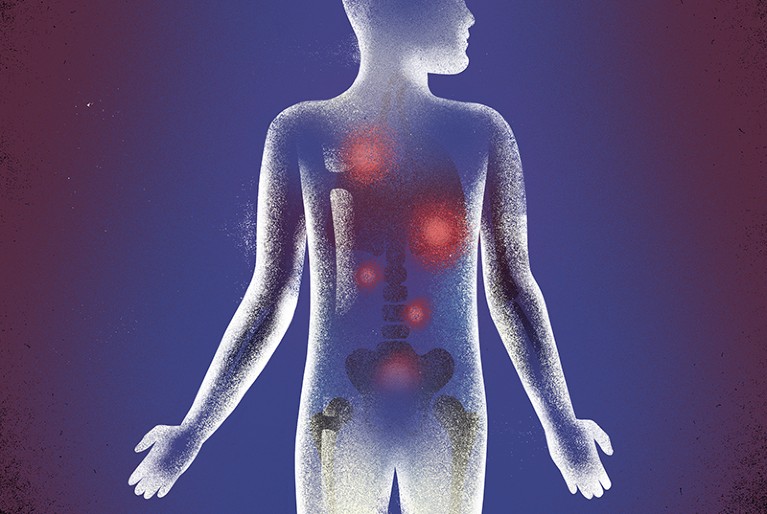Prostate, a tiny gland, about the size of a walnut, which sits within the groin and surrounds an intrusive tube that connects to the male bladder called its urinary tract. Between the base of the penis and rectum, this is where the prostate can be detected. It delivers seminal fluid or semen and mixes it with sperm from the testes, which has a major role in Sperm’s viability and motility. Casodex 50 mg is a common drug used to help treat prostate cancer.
Next to skin and lung cancers, prostate cancer is among common cancers in men.1 in 8 men are estimated to develop prostate cancer at some point in life. Diagnosis of prostate cancer is often made in men aged 65 and older. A person may have symptoms or may be asymptomatic of prostate cancer. Common symptoms include feeling discomfort during urination, difficulty passing urine, increased urination especially at night, presence of blood in urine or semen, feeling as if urine still left in the bladder system, unintentional weight loss and pain in bones especially at the pelvis (waist), hips and back area. When any of these symptoms occur, it is best for the patient to have a doctor check them out and see if they are similar to other conditions. Detecting prostate cancer at an early stage and receiving early medical care is made possible if patients get their symptoms checked by a doctor.
Do you know that prostate cancer is quite different from typical cancer? Research shows that the survival rate, roughly 5 years after being diagnosed with prostate cancer is 85% and close to 80% of those diagnosed with this disease does survive longer than 10 years.
The nature of the disease is also responsible for such a survival rate. Prostate cancer has been shown to be a slow-growing type of cancer. For patients, this means they can get the appropriate treatment without being rushed by the possibility of the disease becoming serious in a short amount of time. Hence, the best way to treat prostate cancer is to get an early diagnosis. With this fact in mind, patients can take a breather knowing that they can survive this cancer due to the fact that it is a slow-growing cancer and be provided with chances of leading a normal life. This is, of course, only achievable if the patient gets treatment and adheres to doctor’s advice.
Staging of prostate cancer is based on the size of the tumour and the extensiveness of the cancer that has spread. Stage 1 characterised by the presence of cancer in only half of either side of the prostate or less. Stage 2 means the cancer is present in more than half of either side of the prostate. Both stage 1 and stage 2 are still completely intact or encapsulated in the prostate gland. Stage 3 describes the cancer that has broken through the covering of the prostate gland and may have spread into tubes carrying semen. Stage 4 describes the spreading of the cancer in nearby body organs such as bladder, nearby lymph nodes or other parts of the body outside the pelvis such as lungs or liver. While survival rate for prostate cancer is generally high, those with stage 4 only have around 50% of surviving within 5 years or more after being diagnosed with the condition.
What stage is the metastasis for prostate cancer? Before answering that, what is metastasis? Metastasis cancer is cancer that spreads from the original site to other parts of the body. Thus, in the context of prostate cancer, metastasis occurs in stage 4.
There’s a variety of treatments to choose from, including surgery, chemotherapy and radiation. There is a tendency to see combination therapy. Treatments provided will be decided by the doctor depending on the staging and severity of the prostate cancer. This may also take into account the patient;s overall well being.
It can be concluded that prostate cancer is often seen as a serious disease. However, reports show that patients are less likely to die from this condition with exception in advanced stages such as metastasis. If it’s detected before symptoms appear and if the treatment is started earlier, it’s very curable. Treatment plans that have been laid out by doctors should be followed by patients if they want to see improvement to their symptoms. There is no concrete evidence that alternative treatment can cure prostate cancer but bear in mind that it may help patients feel better. Do take with a doctor if there is a plan for alternative or other complementary treatment beside the one provided or recommended by the doctor. It is important to get treated for prostate cancer to ensure patients can get a better life and to live normally as others are able to.




